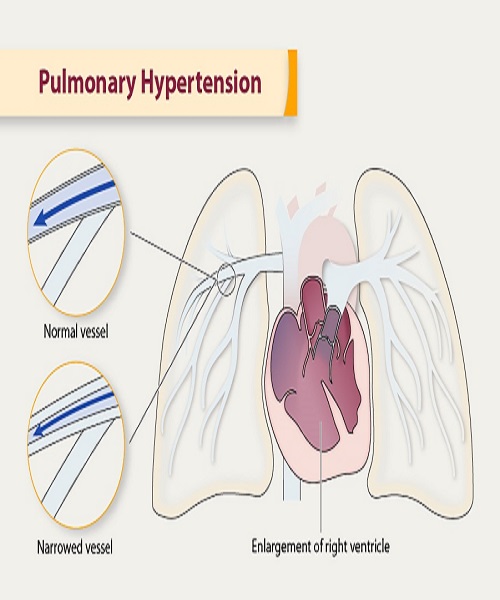Dr. Shakil Sheikh Cardiologist, Thane
One of the main causes of death in most of the developed countries is an impact on almost all organs in the challenging health problems of this century.
Healthy lifestyle, preventive measures, early screening and investment in national programmes are key to the management. The main objectives of health-care in diabetes is to improve diagnosis, care and treatment of diabetes; promote educational and training programmes; develop insulin availability and affordability and raise awareness of the condition. In the last few decades, diabetes has under- gone unprecedented growth. The in- creased risk of myocardial infarction, stroke, and death in diabetes patients is well established, and diabetes complicates the management of multiple medical conditions. However, the impact of diabetes on the lungs is still overlooked. One of the most studied and investigated conditions across the globe is diabetes. It is considered to be a part of the metabolic syndrome epidemic. Though diabetes has selected target organs of diabetes, presumably because it’s clinical relevance is undetermined. The link been diabetes and association of the lung is considered to be a new topic of research.
Pulmonary arterial hypertension (PAH) is a debilitating disease that impacts all aspects of a patient’s daily life. The burden of PAH extends to older patients and caregivers as well. PAH has a deep impact on the mental, emotional and psychological well being of the affected individual too.
One of the only vascular beds in the body where the effects of diabetes has not been studied well is the pulmonary vascular bed. The current classification system for pulmonary hypertension does not incorporate diabetes mellitus. Emerging evidence suggests not only that diabetes is associated with PH, but that diabetes also modifies the course of PH in patients who have PH-DM. It also suggests that diabetes should be considered as a relevant factor in the clinical approach to lung disease patients. Data from epidemiologic studies have shown that diabetic patients are at increased risk for developing pulmonary hypertension (PH) independent of coronary artery dis- ease, congestive heart failure, hypertension, or smoking. Moreover, the heath- care costs and comorbidity associated in patients with pulmonary arterial hyper- tension (PAH) are significantly higher than patients without PAH. Even though there is an increasing amount of data showing a link between diabetes and PH, the impact of diabetes on outcome in PH has not been previously well defined. Often pulmonary hypertension leads to right ventricular failure and death. Emerging evidence suggests that diabetes is associated with pulmonary hypertension and that diabetes modifies the course of pulmonary hypertension. There is also growing radiographic, hemodynamic, bio- chemical, and pathologic data supporting an association between diabetes and pulmonary hypertension. There is an utmost need to conduct more research studies to know more on the connection between diabetes and PAH.
Despite similar use of disease-specific therapies for PH, long-term survival appears worse in diabetic patients. Future studies should attempt to elucidate the role of aggressive glucose control and the impact of specific antidiabetic therapies in this patient population.

